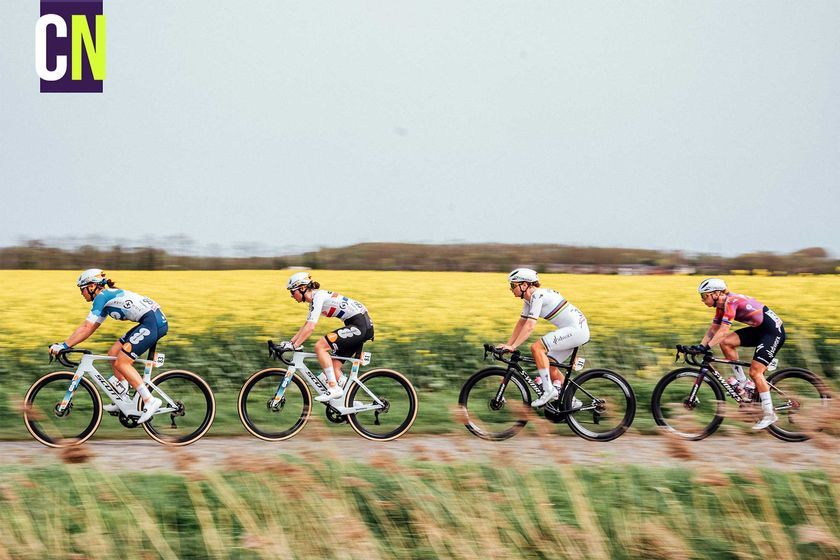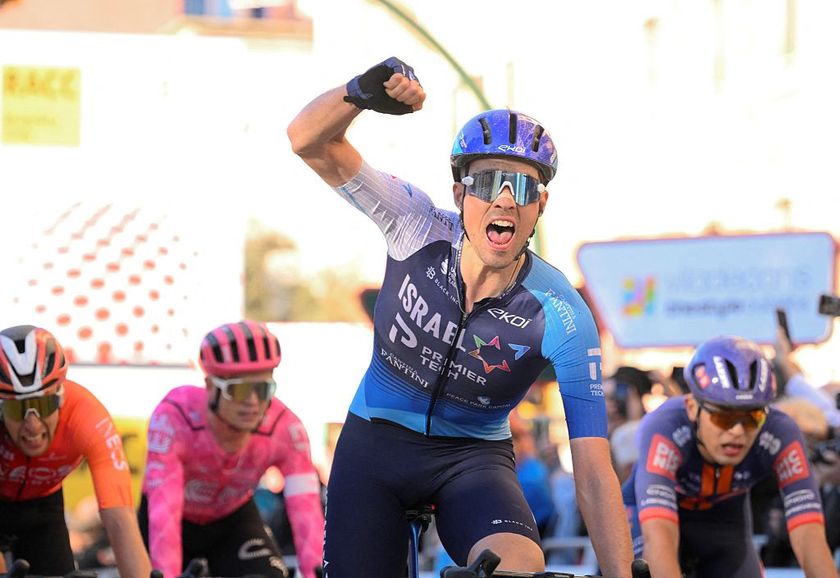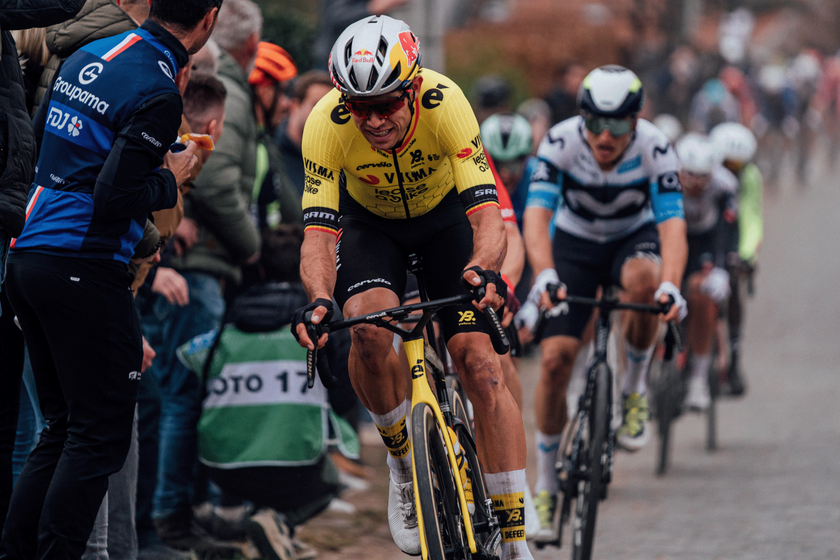Tyler Hamilton's last stand
The Court of Arbitration for Sport (CAS) dismissed Tyler Hamilton's appeal against his ban for blood...

The Court of Arbitration for Sport (CAS) dismissed Tyler Hamilton's appeal against his ban for blood doping on February 10. In its findings, the CAS explained exactly why none of Hamilton's arguments were convincing enough. Cyclingnews' Chief Online Editor Jeff Jones analyses the arbitration report in this special news feature.
The Tyler Hamilton blood doping case has reached its next, and arguably most significant phase, with the Court of Arbitration for Sport's recent decision to uphold Hamilton's appeal against his two year ban. In handing down its verdict late last week, the CAS found that "the HBT (homologous blood transfusion) test as applied to the samples delivered by Hamilton at the Vuelta was reliable, that on September 11, 2004 his (Hamilton's) blood did contain two different red blood cell populations and that such presence was caused by blood doping by homologous blood transfusion, a prohibited method under the UCI rules. As a consequence of this anti-doping rule violation, the CAS Panel has confirmed the two years' suspension imposed on Hamilton."
Hamilton will be able to race again on September 23, 2006, as the CAS ruled that Hamilton voluntarily accepted a provisional suspension from September 23, 2004, and the two year ban should apply from that date, not from April 18, 2005, when the American Arbitration Association (AAA) first found him guilty. In theory, that means he could race again for a ProTour team - à la David Millar - although, unlike Millar, Hamilton doesn't appear to be admitting his culpability.
In reading the CAS's final 34-page arbitration report, many questions that were raised by Hamilton and his defence in the initial AAA/CAS hearing in 2005 are answered, while some remain frustratingly closed. The report concludes that Tyler Hamilton did use someone else's blood to win the September 11 time trial in the 2004 Vuelta a España. And there is still an open case in front of the CAS, initiated by Viatcheslav Ekimov and the Russian Cycling Federation, that he used foreign blood to win the Olympic time trial in Athens.
Click here for the full report
Get The Leadout Newsletter
The latest race content, interviews, features, reviews and expert buying guides, direct to your inbox!









